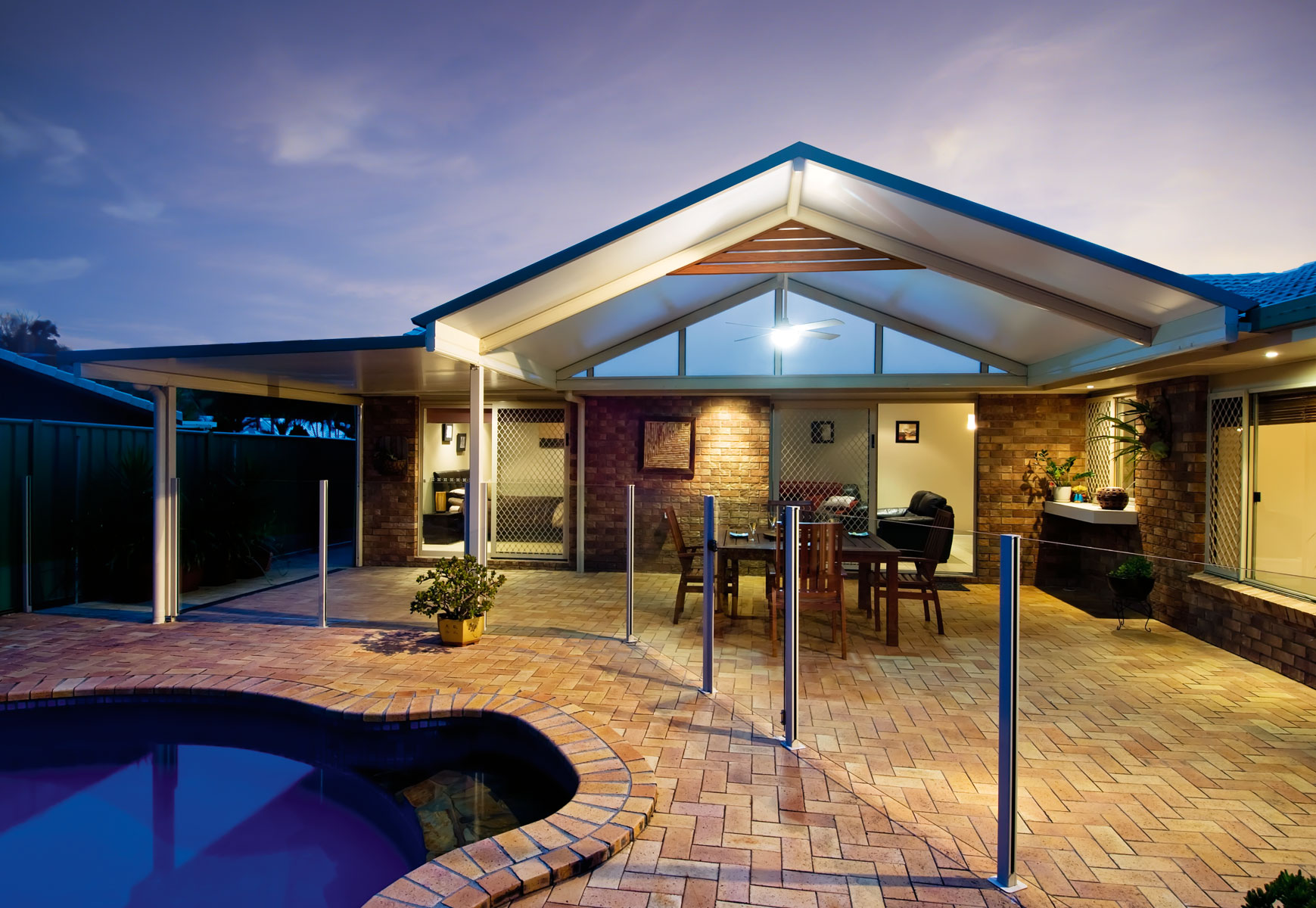
Li Li
April 2, 2025
EPS Panel vs. PIR Panel | How to Choose the Right Building Material?
In construction and insulation projects, EPS (Expanded Polystyrene) Panels and PIR (Polyisocyanurate) Panels are two commonly used sandwich panel materials. They offer different advantages in thermal insulation, fire resistance, and structural stability, making them suitable for different building applications.
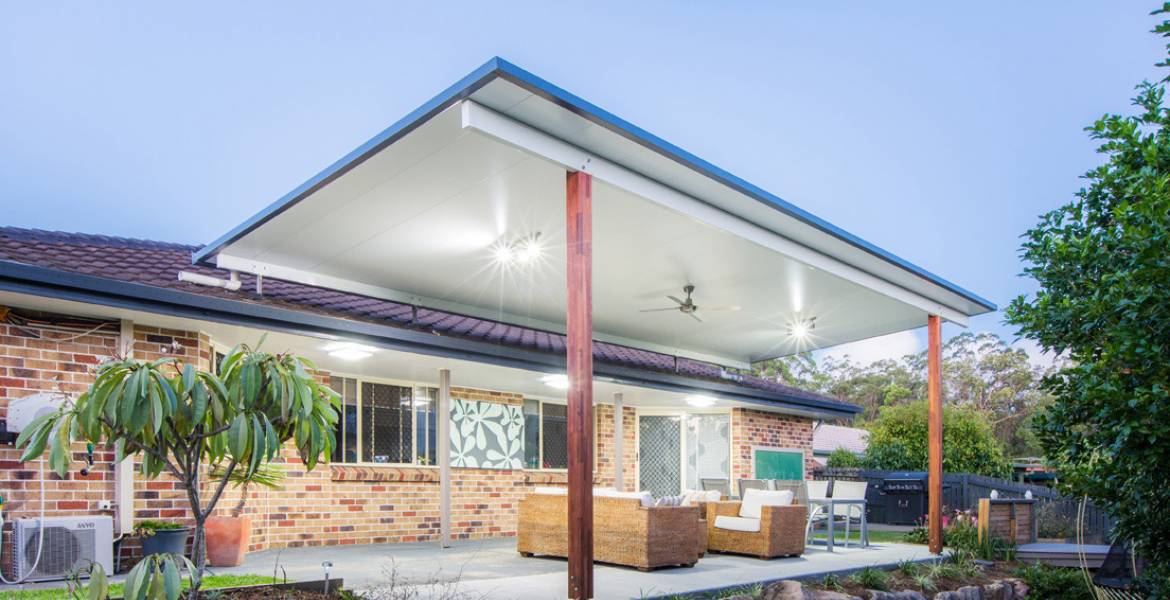
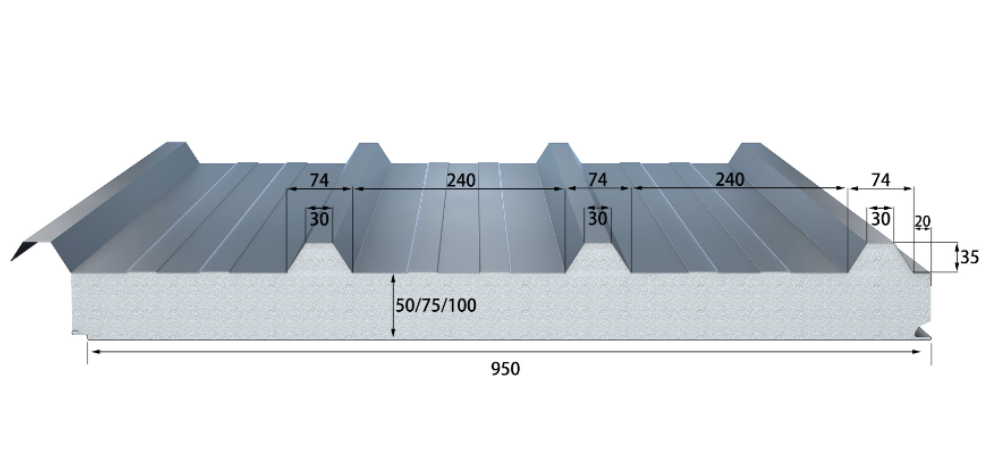
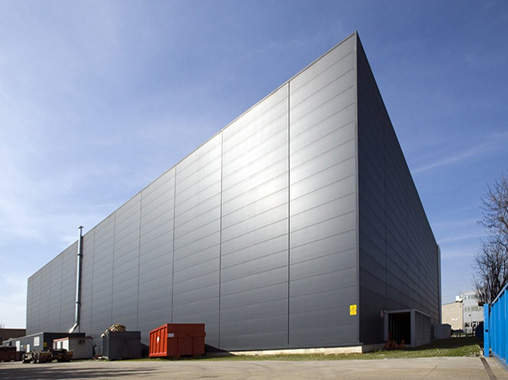
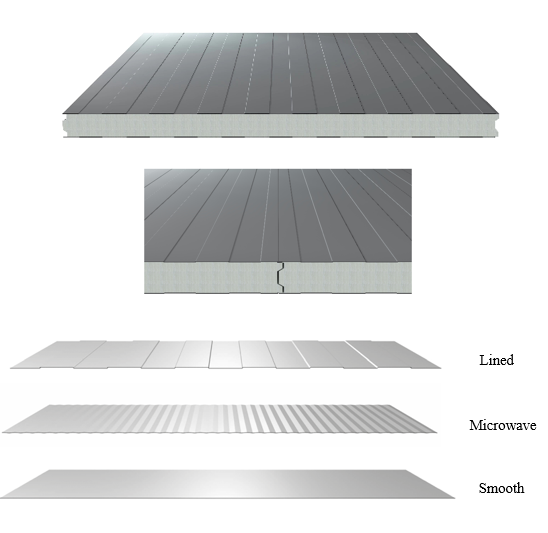
🔹 EPS Panel (Expanded Polystyrene Panel) – 50mm / 75mm Thickness
EPS Panels consist of a high-density expanded polystyrene (EPS) core sandwiched between metal or other composite facings. They offer excellent thermal insulation, cost efficiency, and easy installation, making them a practical and economical building material.
✨ Key Advantages:
✅ Cost-Effective – Lower cost, ideal for large-scale use ✅ Good Thermal Insulation – Low thermal conductivity, reducing energy loss and improving efficiency ✅ Lightweight & Easy Installation – Lightweight structure, easy to transport and install, reducing labor costs ✅ Impact Resistance – Strong load-bearing capacity, maximum span up to 5m ✅ Sound Insulation – Helps reduce noise, improving indoor comfort ✅ Certified Quality – NATA-certified, ensuring safety and reliability🔸 Applications:
General building enclosures, cold storage, temporary buildings, interior partitions, canopies, and more
🔹 PIR Panel (Polyisocyanurate Panel) – 100mm Thickness
PIR Panels use a closed-cell polyisocyanurate (PIR) foam core, offering superior thermal insulation compared to EPS. They also provide higher fire resistance and durability, making them an excellent choice for high-end and specialized applications.
✨ Key Advantages:
✅ Superior Thermal Insulation – Ultra-low thermal conductivity of 0.022W/(m·K), outperforming EPS ✅ Excellent Fire Resistance – B1-rated or higher, non-combustible and no dripping under high temperatures ✅ High Structural Stability – Strong resistance to temperature variations, prevents deformation and cracking ✅ Chemical & Corrosion Resistance – Ideal for humid, high-temperature, and corrosive environments, extending building lifespan ✅ Water & Moisture Resistance – Low water absorption, preventing mold growth, suitable for long-term use ✅ High Strength – Superior load-bearing capacity, suitable for structurally demanding applications ✅ Certified Safety – FM-approved, meeting strict fire and safety regulations🔸 Applications:
High-end buildings, industrial facilities, cold chain logistics, food processing plants, clean rooms, cold storage, medical laboratories, and more









